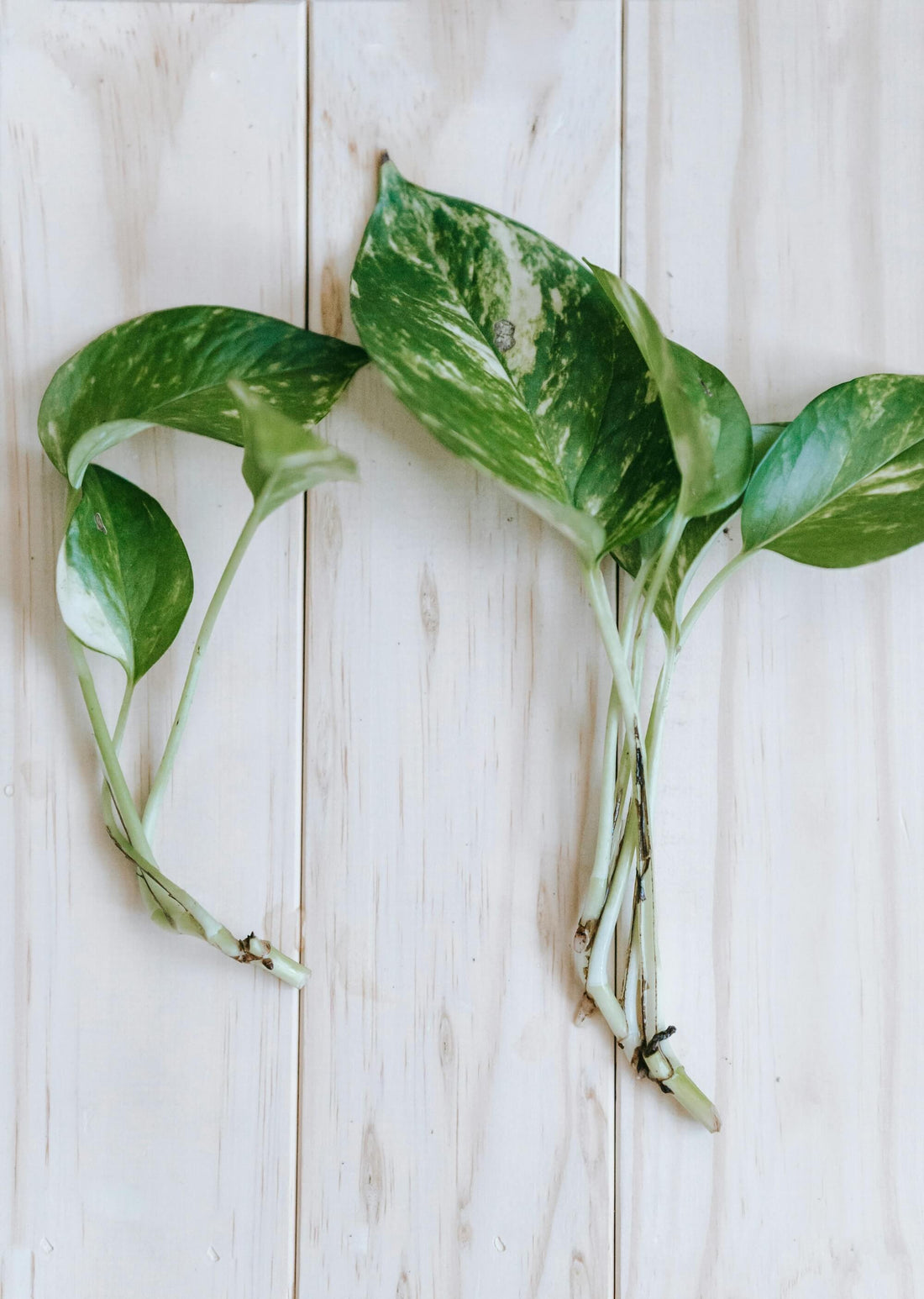Baby plants, also known as young plants or cuttings, are small, young plants that have just been grown from seeds, cuttings or slips. They are in the early stages of development and are particularly popular with plant lovers. They not only offer a cost-effective way to expand your plant population, but also the joy of seeing the plants grow and develop first hand.
What are baby plants?
Baby plants are small plants, often only a few weeks or months old. They can be grown from seed, or through vegetative propagation such as cuttings or offshoots. They are not yet fully developed, which means they have smaller leaves, shorter roots and a more delicate structure than mature plants.
Benefits of Baby Plants
-
Cost efficiency:
Baby plants are usually cheaper than fully grown specimens, making them an affordable option for plant lovers. -
Experience and learning process:
It's fun to watch a plant grow from its young stage to its full size. You also learn a lot about the plant's care needs. -
Adaptability:
Young plants often adapt more easily to new environments because they are not yet fully accustomed to certain conditions. -
Diversity:
Baby plants make it possible to try out rare or exotic species at affordable prices.
Care of Baby Plants
Since baby plants are more sensitive, they require special attention and care:
-
Location:
Baby plants usually prefer a bright but indirectly lit location. Direct sunlight can damage their delicate leaves. -
Irrigation:
The root ball should be evenly moist, but not wet. Avoid waterlogging, as this can quickly lead to root rot. -
Humidity:
Many baby plants, especially tropical species, require high humidity. Misting or placing them near a humidifier can help. -
Nutrients:
Fertilize baby plants sparingly with a mild fertilizer. Too much fertilizer can damage the delicate roots. -
Repotting:
As soon as the baby plant visibly grows and the pot becomes too small, it should be repotted into a larger pot with suitable substrate.
areas of application
-
Living space design:
Baby plants are perfect for adding greenery to smaller areas and then adapting the decoration as they grow. -
Gift ideas:
They are ideal as an individual and sustainable gift. -
Experimental breeders:
Baby plants are ideal for anyone who enjoys growing different species themselves.
Common Baby Plant Species
- Monstera (e.g. Monstera deliciosa)
- Philodendron (e.g. Philodendron Pink Princess)
- succulents (e.g. Echeveria)
- herbs (e.g. basil or mint)





